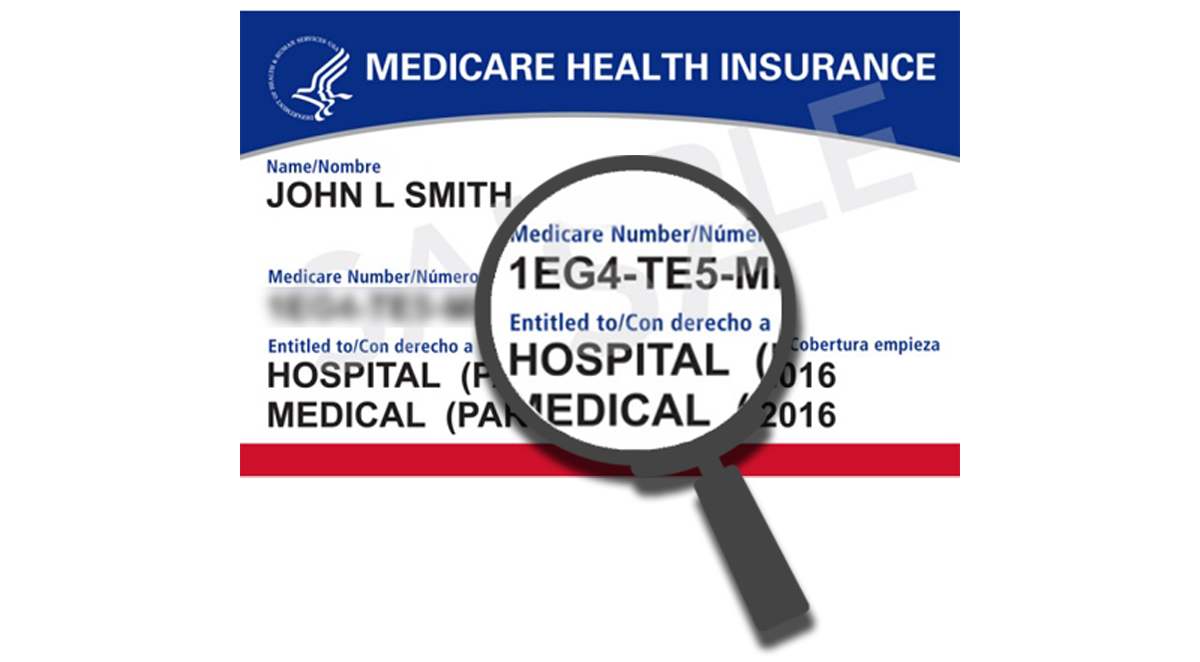Medicare provides various types of benefits to eligible beneficiaries, each designed to cover different aspects of healthcare services. The primary types of benefits associated with Medicare insurance are as follows:
- Medicare Part A Benefits (Hospital Insurance):
- Inpatient Hospital Care: Covers hospital stays, including room and board, nursing care, and related services.
- Skilled Nursing Facility Care: Covers skilled nursing care and rehabilitation services in a skilled nursing facility following a qualifying hospital stay.
- Hospice Care: Provides palliative care for individuals with terminal illnesses, including pain relief, counseling, and support services.
- Home Health Care: Covers medically necessary part-time or intermittent skilled nursing care and therapy services provided at home.
- Medicare Part B Benefits (Medical Insurance):
- Outpatient Services: Covers doctor’s visits, preventative services, laboratory tests and durable medical equipment (DME).
- Ambulance Services: Covers medically necessary ambulance transportation.
- Durable Medical Equipment (DME): Covers equipment like wheelchairs, oxygen equipment, and walkers.
- Mental Health Services: Covers outpatient mental health care, including therapy and counseling.
- Preventative Services: Provides coverage for various preventative screenings, vaccinations, and annual wellness visits.
- Medicare Part C Benefits (Medicare Advantage):
- All-In-One Coverage: Combines Part A and B benefits with additional services, often including prescription drug coverage (Part D), dental, vision, hearing, and wellness programs.
- Network of Providers: Typically, Medicare Advantage plans have provider networks, and you may need to use in-network providers for cost savings.
- Additional Benefits in Some Medicare Advantage Plans May Include:
- Dental Coverage: May include coverage for routine dental care, like cleanings and fillings.
- Vision Coverage: May cover eye exams, glasses or contact lenses.
- Hearing Coverage: May include hearing exams and hearing aids
- Wellness Programs: Some plans offer fitness and wellness programs to promote healthy living.
- Medicare Part D Benefits (Prescription Drug Coverage):
- Prescription Drugs: Covers a portion of the cost of prescription medications, helping beneficiaries afford their medications.
- Formularies: Plans have lists of covered drugs, so it’s essential to choose a plan that covers the specific medications you need.
- Doughnut Hole: Addresses the coverage gap in prescription drug costs, providing discounts on brand-name and generic drugs.
- Medigap (Medicare Supplement) Benefits:
- Supplementary Coverage: Medigap plans help pay for out-of-pocket costs like deductibles, copayments, and coinsurance associated with Original Medicare (parts A and B).
- Choice of Doctors and Hospitals: With Medigap, you’re not restricted to a network, and you can see any healthcare provider that accepts Medicare patients.
It’s important to note that while Medicare provides significant coverage, there may still be out-of-pocket expenses such as deductibles, copayments, and premiums, depending on the type of plan you choose. Additionally, the specific benefits and costs can vary between plans, so it’s crucial to carefully review plan details during the Annual Enrollment Period (AEP) to select the one that best suits your healthcare needs and budget.
# # #
